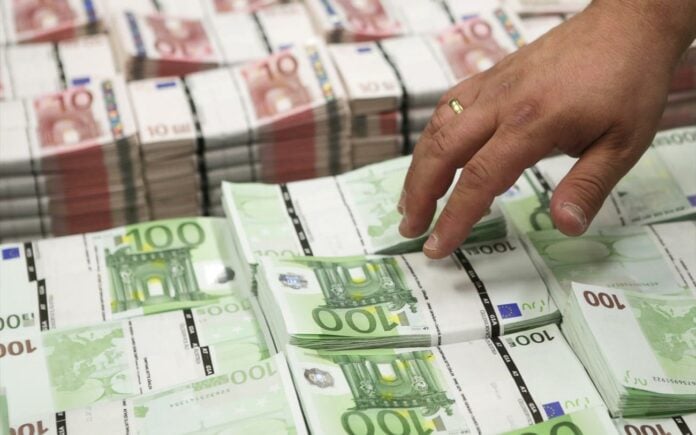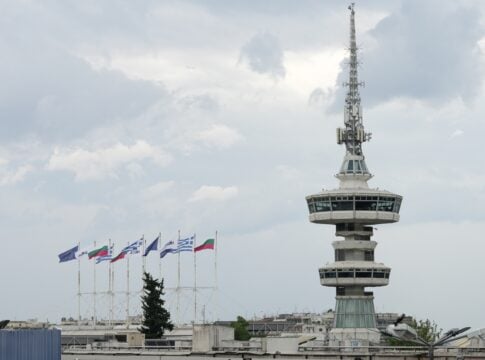By G. Palaitsakis
[email protected]
Upwards of three billion euros in additional tax revenue is the tally from a proposed lowering of the tax-free threshold for annual income, the latest austerity measure that the current Greek government has, by all accounts, accepted after months of trying to fend off standing demands by creditors for guarantees that fiscal targets will be met after 2018.
The measure would affect mostly low wage-earners, pensioners and full-time farmers, with the current tax-free level of between roughly 8,600 to 9,500 euros in annual income lowered to between 5,600 and 6,200 euros. The calculated three billion-euro figure would exceed the current amount collected from the property tax (ENFIA) imposed on real estate holders.
Institutional creditors, nevertheless, and especially the IMF, have repeatedly pointed out that the Greek state imposes an income tax on too few taxpayers, with the result being that roughly one-tenth of taxpayers in the country account for nearly 60 percent of income tax collected. That figure was derived from the most recent numbers released from the independent public revenue authority, another memorandum-mandated entity that came into existence on Jan. 1, 2017.














